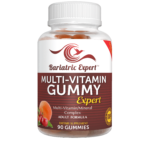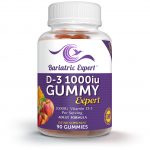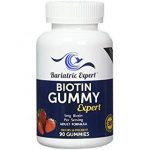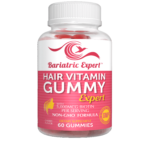Why soups and salads? Well, it’s February and it’s cold in a lot of places and the last thing on our minds is eating vegetables. Vegetables are more of a Spring/ Summer craving. This is why so many of my clients experience “stomach issues” in winter. They are not eating enough fibre-rich foods. Let’s do something about that.
I challenge you to get in your kitchen and make 2 pots of homemade soup and one large salad each week this month. That means searching your local supermarket for deals on fresh veggies.
If cauliflower is on sale, a homemade cauliflower soup it is. If carrots are on special, they can be turned into a beautiful soup or salad in 20 minutes. Zucchini is on sale? Great, adding zucchini to your dishes is a great way to increase fiber.
I will link sample recipes for you to use as your own at the end of this blog. Bop and weave. You can add or subtract ingredients from my recipes.
Eating homemade soups and salads is a great way to improve your overall health and well-being. Let’s explore the numerous health benefits of these dishes and how increasing your fiber intake through these foods can have a positive impact on your body.
Fiber is an essential component of our diet and plays a crucial role in maintaining good health. It helps regulate digestion, prevents constipation, and maintains a healthy weight. Fiber is also known to lower cholesterol levels and reduce the risk of heart disease and other chronic health conditions.
Soups and salads are excellent sources of fiber and are easy to incorporate into your diet. For example, a serving of vegetable soup can contain up to 10 grams of fiber, while a large salad with a variety of greens, nuts, and seeds can contain over 20 grams of fiber.
To increase your fiber intake through soups and salads, try to include a variety of fiber-rich ingredients in your dishes. For soups, include vegetables such as carrots, peas, and broccoli, as well as legumes like lentils and chickpeas. For salads, add nuts, seeds, and a variety of greens, such as spinach and kale.
Eating soups and salads can also help you feel more satisfied and less hungry. Fiber-rich foods take longer to digest, which means that you will feel full for longer after eating. This can help to reduce overall calorie intake and prevent overeating.
Eating homemade soups and salads is a great way to improve your health and well-being. These dishes are easy to prepare and are rich in fiber, vitamins, and minerals that are essential for good health.
So, next time you’re looking for a healthy and delicious meal, whip up a bowl of soup or a big salad and enjoy all the health benefits that come with it.
Bonus points if you add a portion of protein to your soups or salads. Protein and Veg for the WIN.
Sheri’s Peanut Lime Chicken Mason Jar Salad
Healthy Hugs,
 About the Author: Sheri Burke is a Registered Holistic Nutritionist and Bariatric Surgery Coordinator at International Patient Facilitators in Tijuana and Cancun, Mexico. She has worked with bariatric surgery clients for over 10 years and especially enjoys providing nutritional guidance to pre and post bariatric clients. In her free time, she enjoys spending time with her husband and two teens and cooking up a nutritional storm in the kitchen.
About the Author: Sheri Burke is a Registered Holistic Nutritionist and Bariatric Surgery Coordinator at International Patient Facilitators in Tijuana and Cancun, Mexico. She has worked with bariatric surgery clients for over 10 years and especially enjoys providing nutritional guidance to pre and post bariatric clients. In her free time, she enjoys spending time with her husband and two teens and cooking up a nutritional storm in the kitchen.
For bariatric patients Bariatric Expert Amazon Line
Time for a “bariatric expert” multivitamin? Here is a perfect way for bariatric patients to get it now on Amazon: Bariatric Expert MultiVitamins.
Eat Like a Bariatric Expert with our Nutrition Plans.
Feel free to share your victories and struggles in our Facebook Group. I would love to connect with you.
Click on the picture







